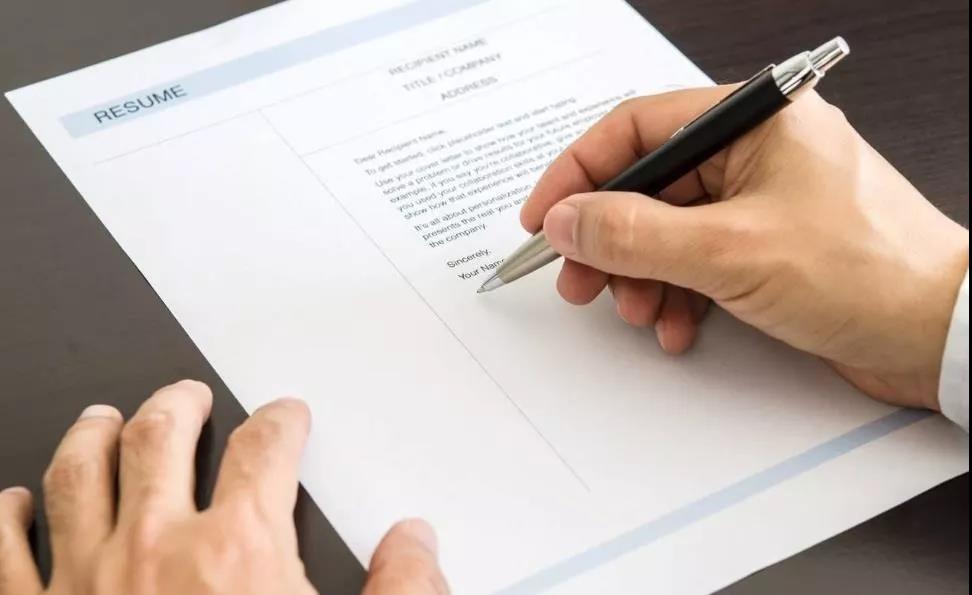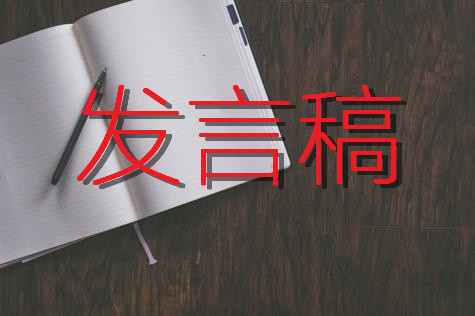从船方角度探讨中国是否应加入《鹿特丹规则》_船螺旋桨角度
时间:2020-03-26 07:35:28 来源:雅意学习网 本文已影响 人 
中图分类号:D996.19 文献标识码:A 文章编码:1003-2738(2011)11-0109-02 摘要:本文通过比较分析的方法,分析了《鹿特丹规则》对于我国船公司的影响。并得出结论:通过船方的角度,我国不应该加入《鹿特丹规则》。
关键词:《鹿特丹规则》;船方角度
Ⅰ
INTRODUCTION
“UN Convention on Contracts for the International Carriage of Goods Wholly or Partly by sea”, also known as “Rotterdam Rules” is drafted by UNCITRAL, passed and promulgated by UN General Assembly for signature, on 23 September 2009, to all States in Rotterdam. Considering China being one of the drafting countries of this convention, the image of great power in the world, and tremendous sacrifice made by our renowned Chinese maritime law experts involved in drafting, should China poses a positive stance, i.e. approves it or shuts the door upon it, i.e. resists it? This question comes down to one point: “are we READY to accept the new-born Convention now?”
All the conventions or treaties are a bargain amongst different international entities, inter alia, battles for the maximization of national interests. Therefore, it is inevitable to analyze the pros and cons of this Convention, through different perspectives of most closely related parties, to us our shipping industry and domestic economy. One participant of our shipping industries, whose interests may either promoted or undermined under this convention, which we have to concern about is: shipping company.
Ⅱ
IMPACT ON SHIPPING COMPANY
One significant change in Rotterdam Rules, compared with the prevailing convention of Hague Rules nowadays, is manifested that the obligation and liability of shipping company are much more onerous.
Under Hague Rules, there exists 17 items of exemption from liabilities. Particularly, nautical negligence is exempted from assuming liability under this instrument. These provisions, undoubtedly, are in favor of the shipping company. If we convert our viewing angle, however, to Rotterdam Rules, most of them seem stricter than that in Hague Rules. Take “period of responsibility of the carrier” and “basis of liability” as two examples:“period of responsibility of the carrier” begins when the carrier or the performing party receives the goods for carriage and ends when the goods are delivered,1which extends the period-“load to discharge”, prescribed in the Hague-Visby Rules or“port to port”, prescribed in Hamburg Rules. As to “basis of liability of the carrier”, the Convention even grants the merchant with a mighty weapon―principle of “three presumptions”,2which places the carrier into a less favored place.
If we make a short list of changes, especially which unfavored to shipping company, it should includes but not limited to that as follows: 1. extension of carrier’s period of liability; 2. carrier’s basis of liability; 3. abolishment of exemption from liabilities by nautical negligence; 4.prolongation of the time of ship seaworthiness; 5. increase of the limitation of liability; 6. burden of proof (three presumptions).
All of them mirror the remarkable characteristic of this convention that for the sake of balance, especially in the 21st century, the obligation of shipping company assumed under the convention should be more onerous than that before while the interests of merchant should be much more concerned.
We the maritime law practitioner and learner may all have heard the words that “we China is a large shipping country but not a strong shipping country”. From one side we can smell the information that there are a variety of shipping companies in China, like COSCO, China Shipping, Sinotrans, etc. On the other hand, however, most of them are less competitive than their counterparts over the world in this fierce competition of shipping market. In another words, our shipping companies do will have to assume more onerous obligations if we accept this convention without arming ourselves with more scientific management, more sophisticated technical support and more perfect strategic operation. Some of maritime experts said: Chinese shipping companies haven’t been well prepared for accepting this convention. They explained for simply two reasons as follows:
Obligation and liability under this convention are too burdensome, especially the abolishment of exception from liabilities by nautical negligence. The majority of marine accidents occurred nowadays are caused by nautical negligence. Disappearance of this regime of law in favor of carrier, extension of carrier’s period of liability means a more onerous position they are set in a merchant-shipping company’s power game.
Ⅲ
SUMMARY AND CONCLUSION
Shipping industry is a sunrise industry, making a great contribution to our GDP growth or state revenue every year. Acceptance of Rotterdam Rules will doubtless impose incredible pressure on this immature industry. We do can invest more money on upgrading the management, technical support,cooperation among national industries and so on, nevertheless, we can by no means make it at once. Consequently, a large number of such enterprises would bankrupt, followed by shrinkage of scale of our national merchant fleet. There’s no doubt that our national interests will be jeopardized. Henceforth, I want to deliver the conclusion, on the standpoint of shipping industries,that this convention brings a negative influence to our shipping industries, at least now, because as some experts put it: we haven’t well prepared for it.
注释:
1.See Rotterdam Rules: Art. 12.
2.See Rotterdam Rules: Art. 17 “Three presumptions” has three layers of meaning: Firstly, if loss of, damage to or delay in delivery of the goods occurred in the period of liability of carrier, the carrier is presumed to be faulty. Secondly, if carrier puts forward that items of exemption from liabilities occurred, it is presumed not to be faulty. Thirdly, if marine accident is caused by ship’s unseaworthy, it is presumed to be faulty. By and large, this attribution of liability is comparatively onerous to the carrier.
个人简介:
杜明明,1988年4月生,上海海事大学2010级国际法硕士研究生,研究方向:国际法学(海商法)。
推荐访问:鹿特丹 中国 探讨 从船方角度探讨中国是否应加入《鹿特丹规则》 从货方的视角看鹿特丹规则 汉堡规则








